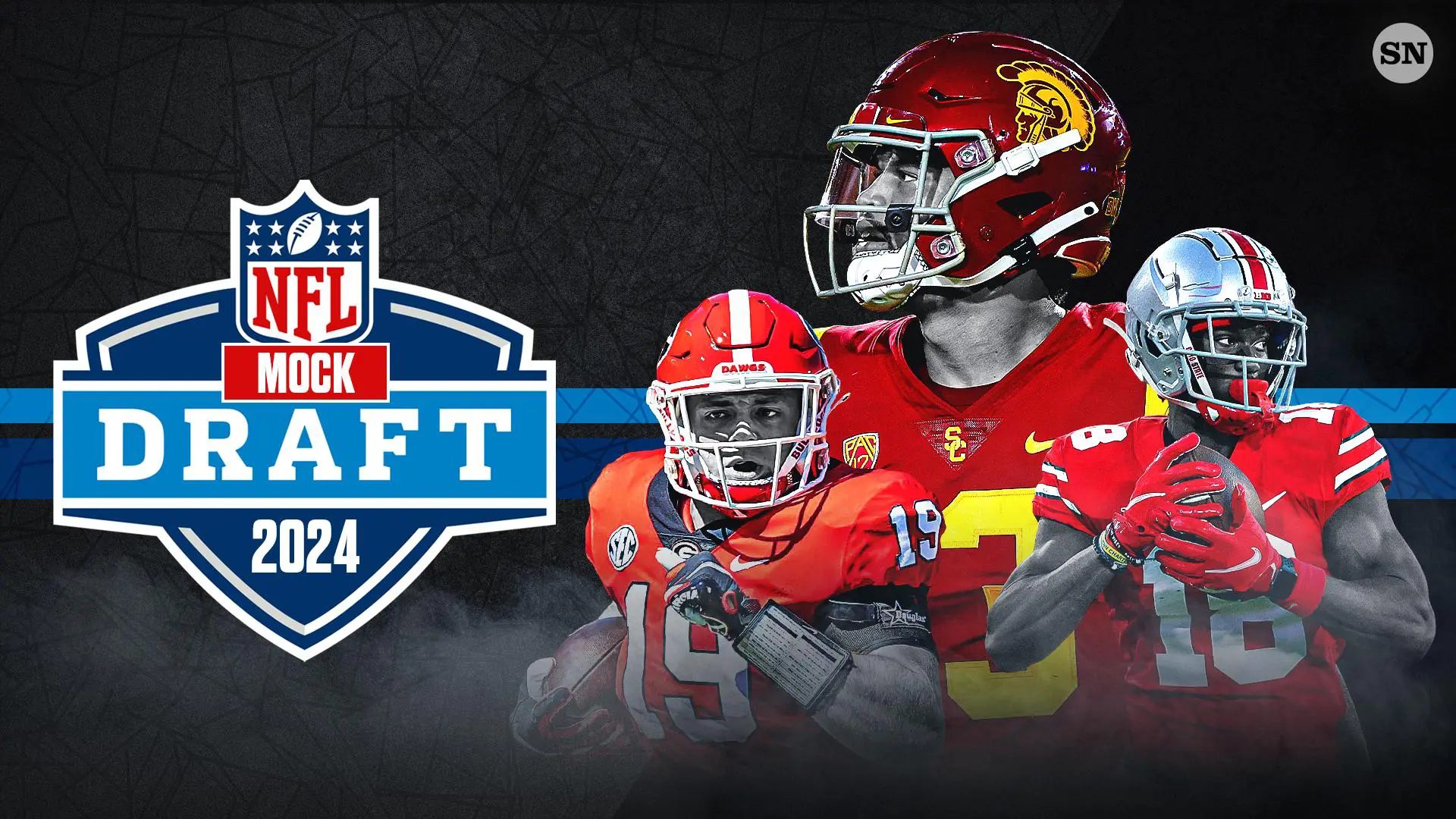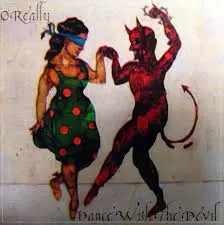The Problem with Mom and Pop Agencies
3 min read
As many of you know, I just sent out our H1 2015 Insurance Salary Survey. One of the takeaways was just how much more money insurance professionals make at mid-market and large brokerages compared with those who work at the small “mom & pop” agencies. The difference is shocking. A few facts:
- Producers and account managers at large firms make approximately 40% more in compensation than those working at small agencies
- Compensation has increased by 24% since 2011 for those working at the mid-market/large brokerages compared with virtual flat line growth at small agencies
Don’t get me wrong, there are advantages to working at small insurance agencies including working in a smaller working environment, less bureaucracy, less structure, location, and maybe more flexible working hours. All this is good for some people.
______________________________________________________________
But why do those working for mid-market to large insurance broker/agencies make so much more than those working for the “mom & pop” small agencies? Here’s why:
1. Tale of Two Cities: When we first ran the numbers based on our placements, I almost fell out of my chair. I had my number cruncher go back and do this analysis again and, in fact, there was no mistake. On average, account managers/executives working for large agencies make a whopping 40% more than their counterparts working at small agencies – and the gap is widening. And as you can see in the graph above, compensation for producers working for small family-operated insurance agencies in the WDC region has remained flat since 2011. The graph lines for account managers are virtually the same. By comparison, the war on talent in the mid to large insurance firm segment continues to be fierce. Year to year compensation gains continue to climb. On average, since 2011, compensation has increased 24.3% for those working in these WDC regional mid to large insurance brokerage firms. It has been a ‘candidate’s market in this segment for some time now. This analysis does not include owner/principal compensation in the small agencies.
2. Undercapitalization: When it comes down to running a business, it comes down to dollars and cents. The insurance industry is no different. Reality is that small “mom & pop” firms are run by mostly family and long-time friends. Nothing wrong with that, but they simply view profitability differently than a larger corporate-style organization. Small business operators tend to be more short-term oriented focused on immediate cash needs whereas larger corporations view profits as investment capital and tend to plow the money back into newer technology, better systems, marketing and promotion – and, most importantly, more service and support personnel to assist producers. In short, the larger broker/agencies do a better job of investing the profits back into the business which, in turn, builds the business = greater top line revenue and profits over a long period of time = the ability to pay competitive salaries.
3. Specialization versus Generalization: Mom & pop agencies tend to be generalists while mid-market and larger insurance broker/agencies have the size and scope to allow their producers to specialize in a specific industry sector. Ask anyone in the insurance business, “How does a producer make the big money?” The response? Focus, Focus, and Focus…i.e. pick a specific industry sector that you have a passion for and work that specific market. Work for a “mom & pop” and you’re an “insurance sales guy”. Specialize in an industry segment and you become the expert. The trusted advisor. Who do you think makes more money?
4. Big versus Small: This is mostly a personal choice, but you have to sell a lot of small business BOPs and home/auto insurance policies to make some decent commissions. Selling and servicing larger commercial accounts is in many ways much easier than selling a lot of the smaller accounts – and you don’t have to work nights and weekends. So if you’re a hunter, why not go for the buffalo and leave the squirrels to someone else. Once again, there is nothing wrong with working for a small insurance agency as they many times afford more flexibility to an employee, but you should know the financial consequences. Your feedback is greatly appreciated. We look forward to serving you in 2015.
Rob Houghton



